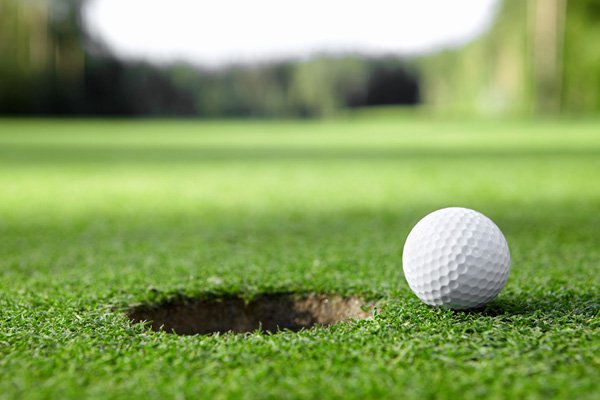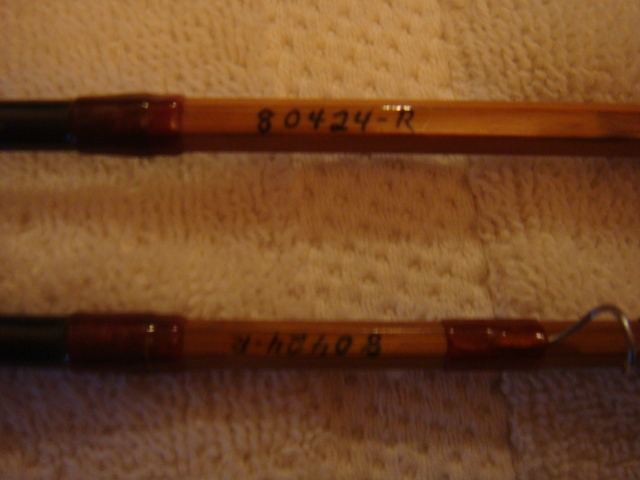Non-golf players are constantly confused by the strange selection of words that are of regular usage in the game’s lexicon and I have often been quizzed about the etymology of such terms whilst dealing in luxury golf holidays. The truth is that the language of golf can be confusing and yet the majority of golfers have no idea about how terms like ‘birdie’, ‘bogey’ and ‘mulligan’ became so intrinsically linked with the greens and fairways.
Some of these answers have been lost to history but in their place a number of theories of the origins of golf words have sprung up; I shall expand upon these here.
Golf
First off, let’s get one misconception out of the way from the very start. Golf does not, and has never been an acronym for ‘Gentlemen Only, Ladies Forbidden’ even though some golf committees would like it that way!
One theory is that the term golf is derived from the medieval Dutch word “kolve” meaning “club”. From there, we have Scottish dialect to thank for its transformation into “golve”. Another theory is that the origins of the word golf are derived from the Scottish “goulf” – a verb which meant “to strike or cuff”, given the game involves a lot of striking the ball.
Either way, by the 1500s, the term “golf” had developed from these routes.
Par
Contrary to popular belief, the term “par” did not originate on the golf course. It entered golf terminology in the 19th Century, and meant exactly the same thing that it did (and does) outside of golf: average, standard, ordinary.
Bogey
Perhaps one of the most bizarre terms in the golfing lexicon, this is a word that actually evolved right here in England. It relates to the Bogey Man who in the 19th Century song said “I’m the Bogey Man, catch me if you can”. According to the USGA, golfers at the time pursued the Bogey Man on the golf course – as in they were trying to ‘catch’ the perfect score. This led to the term ‘bogey score’ meaning the perfect game.
But now the term bogey denotes one over par, rather than the perfect score, so how did that happen? It came about with the split between professional and amateur golf – from both words being initially interchangeable, par went on to become the term for an average professional score, while bogey became the term for a total that amateur golfers could be pleased with.
Birdies and Eagles
The term ‘birdie’ is quite easy to explain – if you have knowledge of 19th Century American slang words! In that era, the word “bird” was a way of describing something particularly good – much in the way ‘cool’ was (and is) used more recently. Simply, a shot under par was ‘bird’, and this eventually transformed into ‘birdie’, which was in worldwide use by 1910.
From there, “Eagle” was to follow, simply sticking to the ornithological theme. “Albatross” was a later addition to the golfing vernacular.
Mulligan
Unfortunately, there’s no straight answer to how the term Mulligan became a golfing term for retaking a shot. A number of theories have emerged:
The first is simply that it was named after someone called Mulligan who took a ‘correction shot’, and had the do-over named after him.
A more interesting theory is that the term is actually an ethnic slur against Irish-Americans (Mulligan being a common Irish name) trying to join top class golf clubs, as they were often regarded as poor golfers.
A final suggestion is that the term is derived from old saloons who would keep a free bottle of drink at the bar for customers to take shots from. Allegedly this bottle was called a ‘mulligan’, and it’s possible that this term took on a similar meaning as a ‘freebie’ in golf.
Fore
The only thing that can be said with any certainty about the origin of this golf word is that it does derive from the fact that ‘fore’ means ‘ahead’ (like a ship’s fore and aft) – and it remains to this day a warning to those ahead of you on the course.
There are two popular theories as to the specifics of the term’s usage on the golf course: The first is that the term has military routes. At the time golf was properly taking off in Britain, infantry troops would advance in formation while artillery was fired from behind. When the artillery fired, there would be a shout of “beware before”, which would tell infantrymen to drop to the floor to avoid the shells above. It’s entirely possible that this advice applied to the golf course – with shells being replaced by the less dangerous golf ball!
The second is that it came from the term “forecaddie” – a person who accompanied groups around golf courses. The idea behind this is that an errant ball would be accompanied by shouting out “forecaddie” which would later be abbreviated to ‘fore’, just like the other half has been shortened to ‘caddie’.
So, the next time the topic of strange words comes up on a luxury golf holiday, you can explain with confidence that there is (some) method to the etymological madness!
read about golf clubs in www.golfcentremania.com
Jack owner golf clubs
Article Marketing Automation by Article Marketing Robot
Searching for good golf club grip!

1977 Orvis Midge Bamboo Fly Rod

Top tips on taking kids fishing in autumn

Copyright © www.mycheapnfljerseys.com Outdoor sports All Rights Reserved